Jewish History
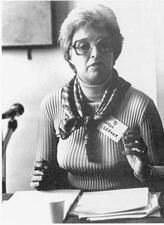
Gerda Lerner
Entering the field of United States history in 1966, Gerda Lerner blazed a new professional path that led to the establishment of the field of women’s history. Lerner’s force and commitment made her impervious to the ridicule with which the male-dominated profession initially responded to the notion of women’s history.
Lotta Levensohn
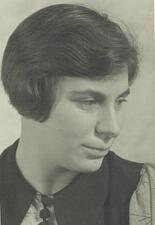
Hilde Levi
Hilde Levi was an exceptional physicist who worked first in Germany and later in Denmark, where she became a prominent researcher. She belonged to the second generation of women scientists in Germany, who were able to participate on a relatively equal basis in scientific institutions and in academia.
Lia Levi
Paola Levi-Montalcini
Paola Levi-Montalcini was an influential twentieth-century Italian painter who aimed for a synthetical expressiveness and played a key role in the development of the Movimento Arte Concreta in the 1950s. She debuted as a painter in 1931 at the first Quadriennal of National Art of Rome and continued to exhibit throughout Italy. The Rome Institute of Enciclopedia Italiana devoted an important retrospective exhibition to Levi-Montalcini after her death.
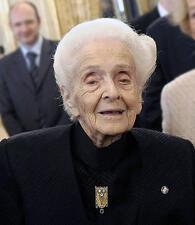
Rita Levi-Montalcini
Rita Levi-Montalcini was a Nobel Prize winning doctor, known for her discovering of Nerve Growth Factor, which is responsible for the development and distribution of nerve cells. Throughout her life she combined research with wide-scale public activity.
Nora Levin
Research librarian and educator Nora Levin’s books sparked controversy among historians, but she helped shape popular understanding of modern Jewish history.
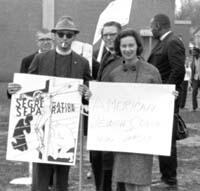
Jacqueline Levine
Vicki Lewis
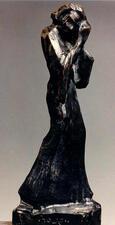
Batia Lichansky
Batia Lichansky, Israel’s first woman sculptor, famously expressed the pioneer Zionist spirit during the formative years of the State of Israel through her portrait sculptures, reliefs, and memorials sculpted in stone, wood, and bronze. After studying across Europe, Lichansky became a prominent Israeli artist and won the Tel Aviv-Jaffa Dizengoff Prize twice, in 1944 and 1957.
Judith Berlin Lieberman
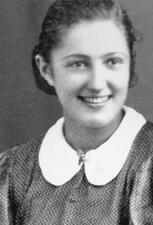
Rivka Kuper Liebeskind
Rivka Liebeskind joined the Akiva Zionist movement as a teenager, becoming a leader in her local chapter and encouraging members to continue their activities after the German occupation began. When the movement transitioned to resistance activities in 1942, she aided young people escaping the Krakow ghetto. Liebeskind survived her deportation to Birkneau and moved to Israel after the war.
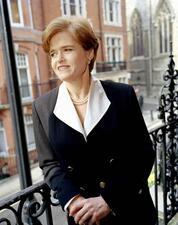
Deborah Lipstadt
Deborah D. Lipstadt is an American Jewish historian of issues surrounding understanding the Holocaust, ranging from reception of news of the extermination of European Jews to denial of the existence of the Holocaust. Lipstadt achieved renown for her defense against libel brought by David Irving, a British Holocaust denier. Her dramatic trial was transformed into a film starring Rachel Weisz.
Sarah Lishansky
A politically active nurse and midwife, Sarah Lishansky used her career to treat and care for workers in the Yishuv during the Second Aliyah.
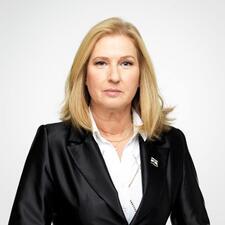
Tzipi Livni
Tzipi Livni is a politician, lawyer, and diplomat who has held the more government roles than any other woman in Israeli history. Widely respected for being judicious and resolute, Livni is most known for her long tenure in the Israeli Knesset with the Likud, Kadima, Hatunah, and Zionist Union parties, for her role as a leader in Israeli-Palestinian peace negotiations, and for her longstanding commitment to advancing international diplomacy.
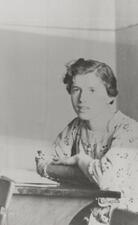
Hildegard Löwy
Born in 1922, Hildegard Löwy was the youngest member of the Baum Gruppe, a mainly Jewish resistance group against the Nazis. She had firm Zionist and pacifist principles and believed communism was the best way for Jews to obtain equal rights. Arrested in April 1942, Löwy tried to escape from prison but was ultimately convicted of Communist treason and executed in a Berlin prison.
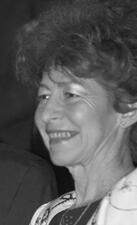
Marceline Loridan-Ivens
Johanna Löwenherz
Johanna Löwenherz traveled widely on behalf of Germany’s socialist women’s movement, raising consciousness and lecturing on the social, economic, and legal equality of women. She became one of the most active representatives of the SDP in the Neuwied region, elected as a delegate to three regional party conferences.
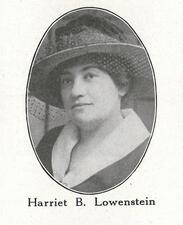
Harriet Lowenstein
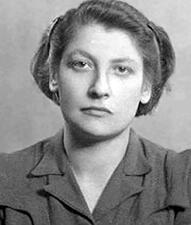
Zivia Lubetkin
Zivia Lubetkin was an important member of the underground resistance movement in Poland during World War II, and later an active member of the United Kibbutz Movement in Palestine.
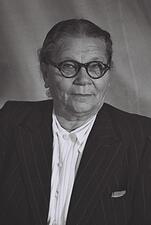
Ada Maimon (Fishman)
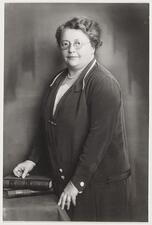
Rosa Manus
Rosa Manus was a Dutch leader in international women’s movements for suffrage and equality, as well as a vocal pacifist before and during World War II. As a Jew, she at times clashed with other feminist leaders.
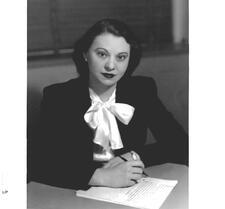
Bessie Margolin
Bessie Margolin was raised in New Orleans’s Jewish orphanage, where she learned powerful lessons in social justice that propelled her trailblazing legal career through the New Deal and Nazi War Crimes Trials to the United State Supreme Court, where she championed the rights of millions of American workers. A reluctant feminist who became the nation’s top fighter for equal pay for women and a co-founder of NOW, Margolin used intellect and charm to open courtroom doors for countless women who have followed.
Mariamme I The Hasmonean
Mariamme, granddaughter of the last Hasmonean rulers, was the wife of King Herod of the new dynasty. After bearing him five children, she was executed by the king in 27 B.C.E.
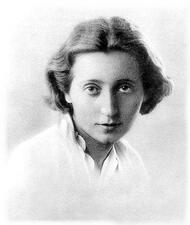
Judith Marquet-Krause
Judith Marquet-Krause was an archeologist who contributed her talents to early twentieth-century excavations of ancient cities across Palestine, most notably leading the excavation of Ai.


